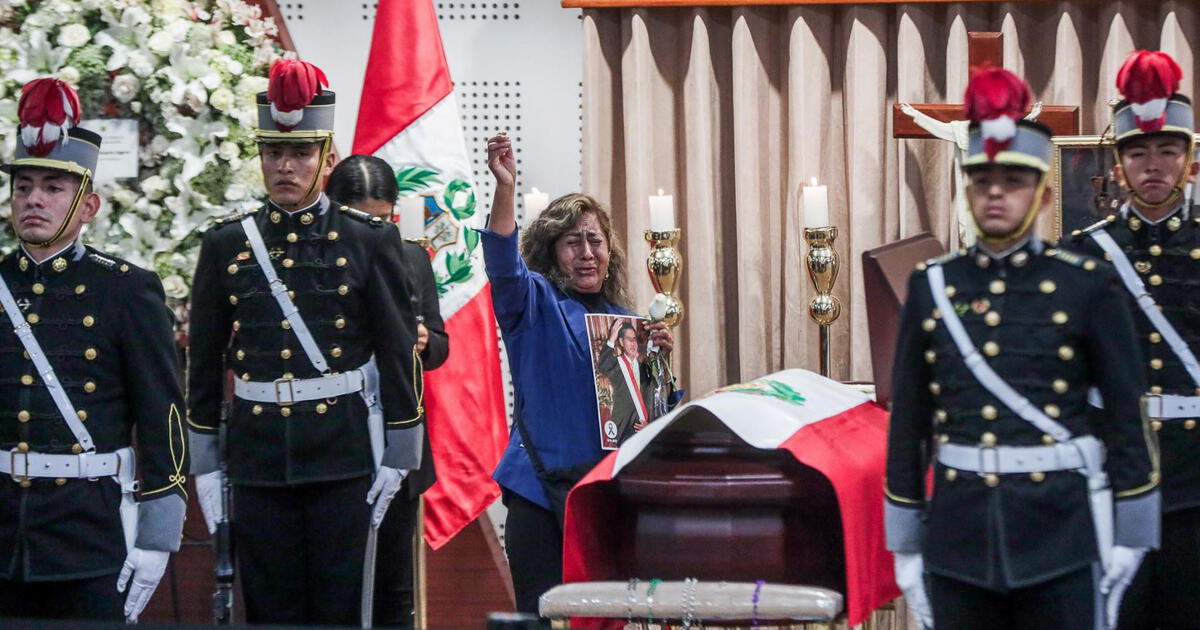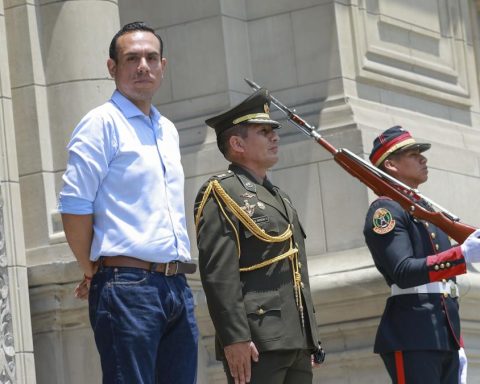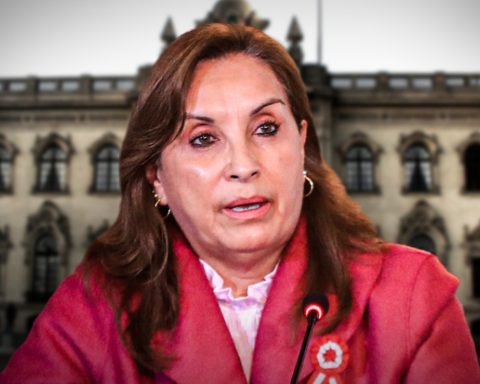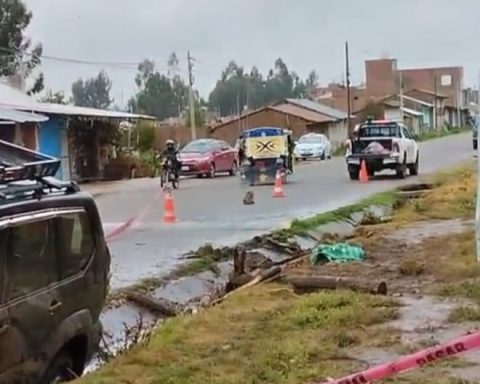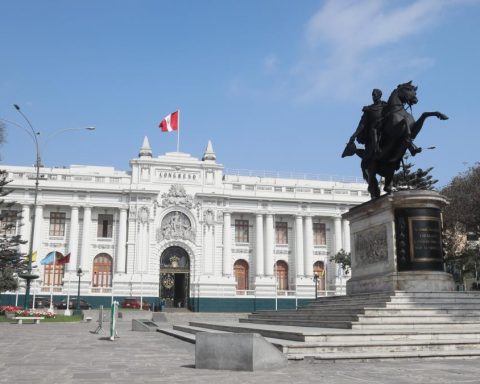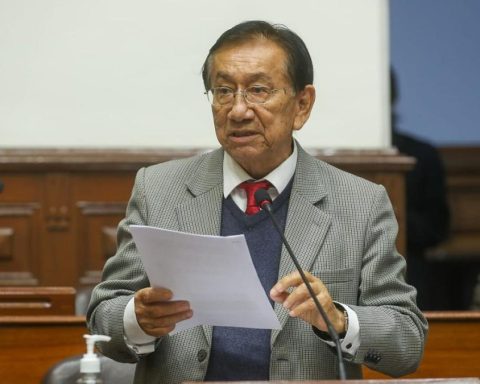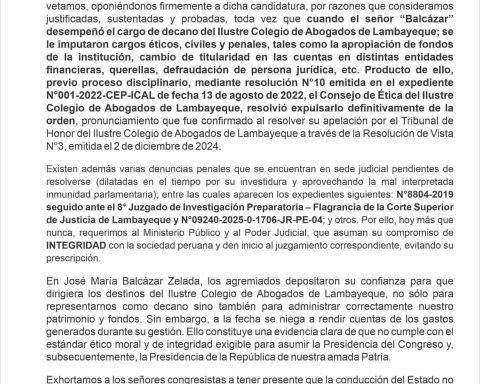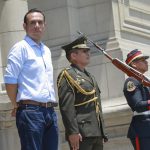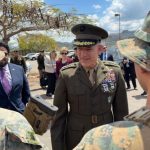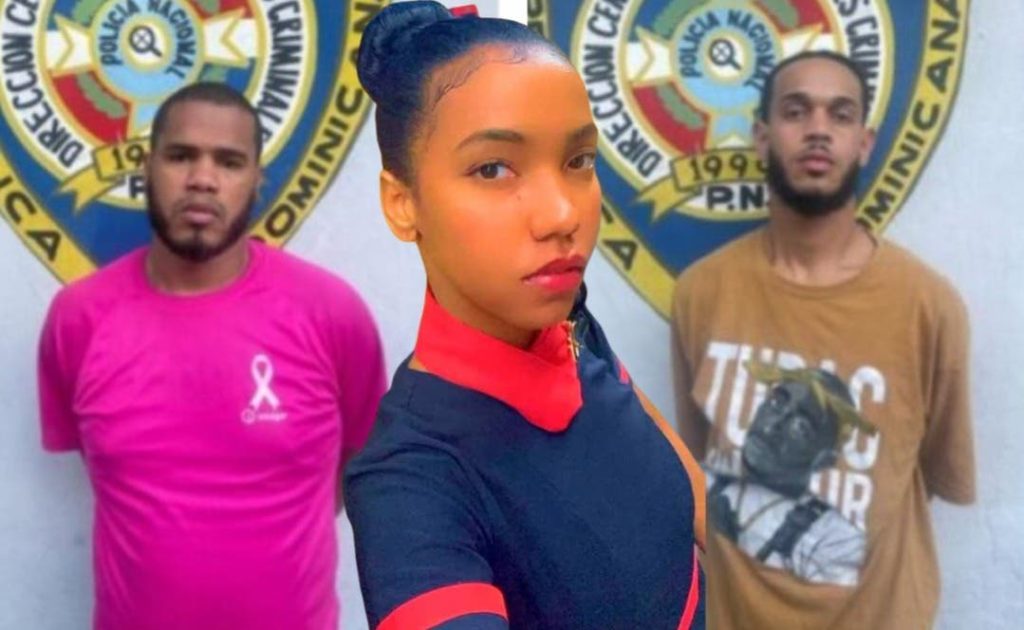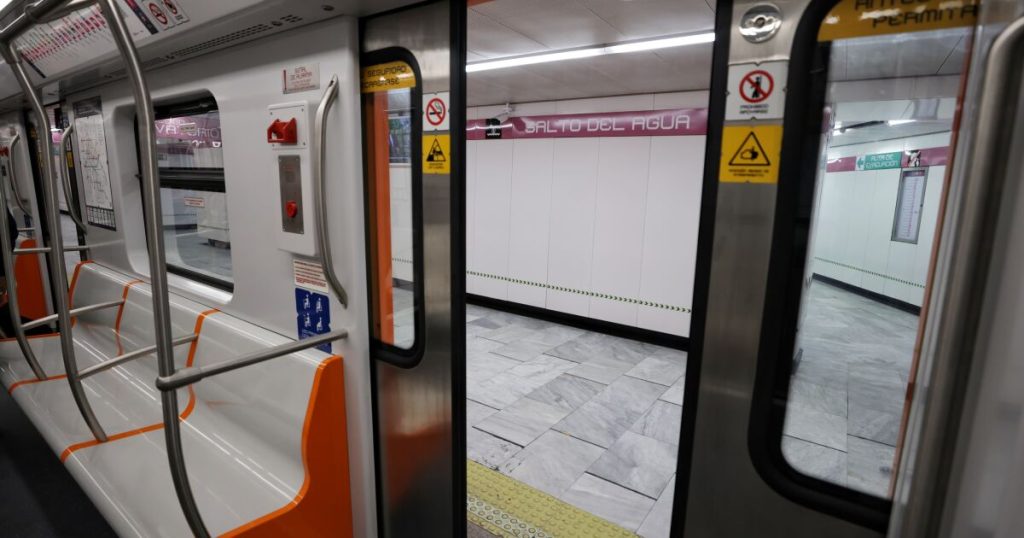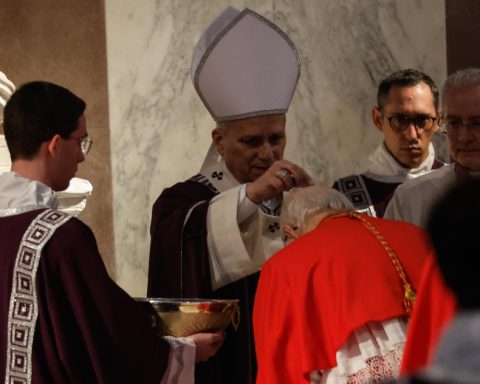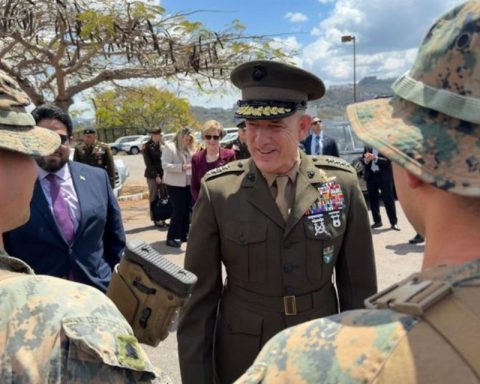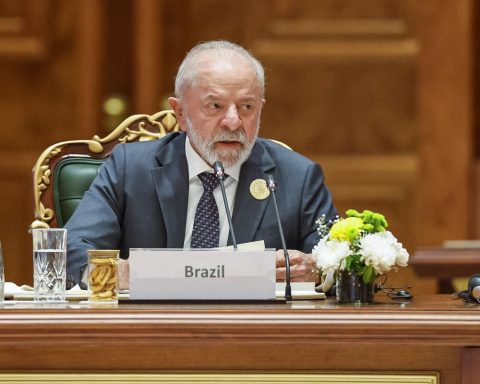After a two-day funeral, former dictator Alberto Fujimori will be buried today in a public ceremony, as scheduled by his family, coincidentally 24 years after the Vladivideos scandal broke out, which led to his fall from power, after a decade of leading a regime marked by corruption, violation of human rights and the breakdown of democracy.
Fujimori, who ruled Peru with an iron fist from 1990 to 2000, with a coup d’état and concentration of power, and was convicted of homicide and corruption, will be buried in the Campo Fe cemetery in Huachipa, in the Lima district of Lurigancho-Chosica, in an activity open to the public at 1 p.m., according to the announcement by Congressman Arturo Alegría, of Fuerza Popular, a political party that has the late ex-dictator as its historical leader. Before that, a funeral mass is scheduled at the Museo de la Nación, in the capital district of San Borja, where the funeral has been taking place since Thursday.
On the second day of the funeral, Friday the 13th, his supporters arrived very early to say goodbye in long lines that led them to the Nasca Room of the museum, where the coffin was arranged for the event, after the former president’s family opted for state funeral honors for former presidents, established by law, despite the controversy surrounding Fujimori and his judicial convictions.
Keiko Fujimori arrived around 10 a.m. and her brother Kenji arrived around noon.
Juana Fujimori, the former dictator’s sister, who was a fugitive from Peruvian justice for the case of the Apenkai association, which formed the entourage of the then president and diverted funds raised as donations for Peruvians affected by the Fujishock, an economic shock policy implemented in August 1990, despite the fact that she rejected it in the electoral campaign, was also seen again. The crime for which Juana Fujimori was prosecuted expired in 2019.
His brother Santiago Fujimori, who advised him and later became a congressman, also reappeared at the funeral.
The lawyer of former dictator Elio Riera did not arrive. It was learned that the family had denied him access because he published the news of Fujimori’s death before the family itself did so.
Towards noon, a flood of sewage spread across the road in front of the entrance to the Museo de la Nación. The stench and the flooding complicated the route to the wake of the former autocrat, a situation perceived as symbolic by citizens critical of the Fujimori regime.
It is worth noting that in the same building where the funeral took place, on the upper floors, there is a museum exhibition that includes the crimes of Fujimori, Yuyanapaq, on political violence in Peru from 1980 to 2000, which was stained with blood and terror in a war between subversives and state agents.
Outside the Museum of the Nation, some of Fujimori’s detractors also arrived. Supporters of the former autocrat shouted for them to leave the place.
In San Martín Square, in the center of Lima, groups of citizens expressed their rejection of Fujimori and the current permissiveness, especially from the Government and state entities that were victims of the Fujimori government.
Pativilca massacre
Earlier, at around 8 a.m., the Judiciary was hearing the Pativilca case, in which Fujimori was accused of indirectly being responsible for the murder of a group of villagers, carried out by the Colina group, a detachment of soldiers who carried out massacres during the government of the nineties. Attorney Riera asked for the criminal action against Fujimori to be dropped for his death. The defense of the relatives and the Prosecutor’s Office agreed.
The Attorney General’s Office requested that the former dictator continue his case to seek civil reparations. “This is not a reason for the extinction of the civil action,” said Attorney General Luis Alberto Casaverde.
Judge Miluska Cano agreed to resolve this request at a hearing next Monday, the 16th. ❖
Pativilca, another 6 cases and reparation
With the death of Alberto Fujimori, all the criminal investigations and proceedings against him have been closed: an oral trial (Pativilca) and six cases for which, in the first instance, Chile authorized extending his extradition in order to judge him in Peru.
In addition, the State loses S/57 million that Fujimori owed in civil reparation. The Attorney General’s Office had requested the seizure of the pension that Congress began paying him last July.
